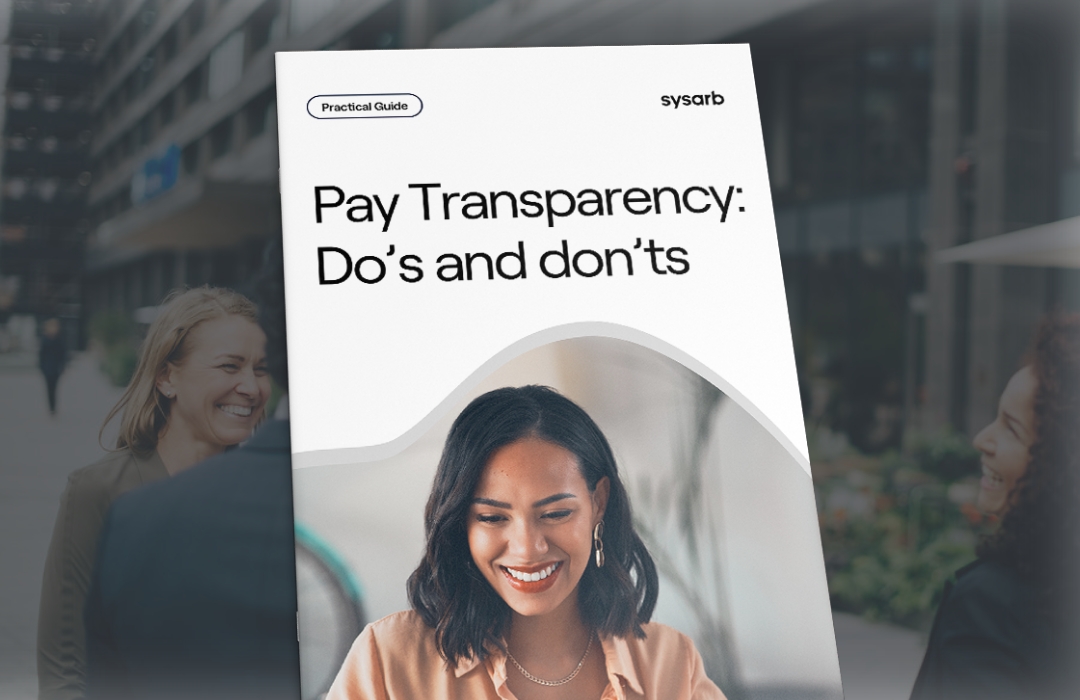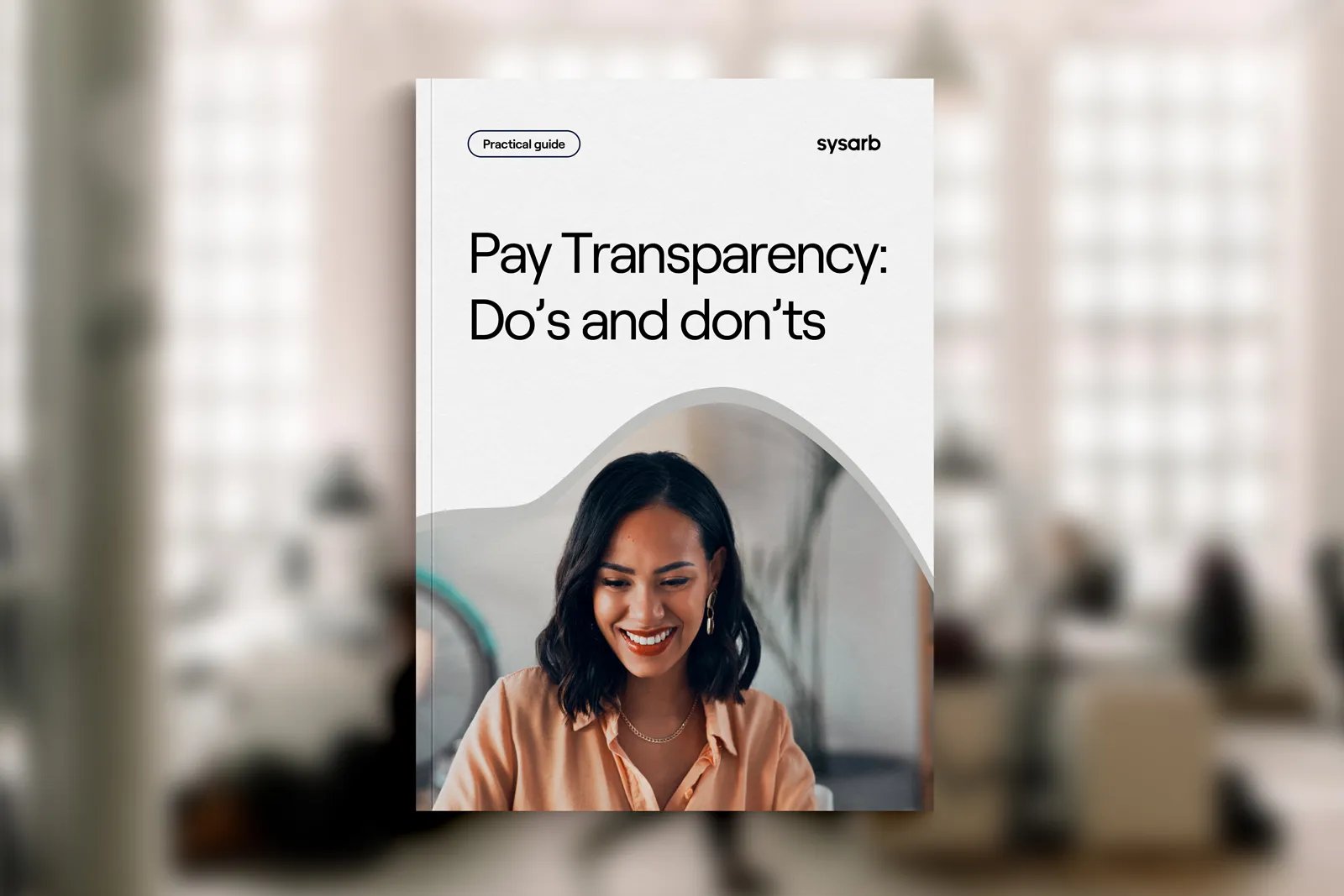
Did you get the chance to attend Fairness Week this International Women ́s Day? That's great! A lot of points were made, truths were unveiled, and insights were shared. Here ́s a recap of some of the most important ones!
Being equal is recognizing that we’re not all starting from the same place. We need to do the action of equity so that everyone can be equal.
Inclusion is about being intentional, recognizing differences, being respectful of the differences, and having empathy. But it's also important as to how we leverage diversity. Diversity drives innovation, so we need to make sure that we are honoring people’s differences.
Aside from diversity leading to great business results, it can also cause friction in a group. But don’t worry. If we are focusing on the project, all these different ideas are going to make the company better in the long run. And who wouldn’t want to be in a room with passionate people with different opinions – to have that fun friction?
An employee resource group is a great opportunity to hear directly from your employees. It’s a space that usually focuses on a particular under-representative marginalized group within the community. People with similar experiences can both discuss ways their organization can create more visibility for them and articulate what they need to feel included.
Unconscious bias is a bias that we carry without being aware of them. Our unconscious bias has a huge impact on how we judge people, on who we
see as competent, and who we see suitable for a certain role. It’s the unconscious bias that affects the decisions we make.
Recruitment is where a lot of unconscious bias comes into play. We need to professionalize the process to make sure that it is objective. The most important thing is to leave as little as possible up to gut feeling because gut feeling is just another word for unconscious bias.
After having learned that we carry bias and that it affects the decisions we make, we have a responsibility to educate people around us. It is especially important to teach managers and people responsible for recruitment and promotions about bias and how it affects our decision-making.
Intersectionality is a way of analyzing how the combination of aspects of a person’s different identities can lead to discrimination. Looking at intersectionality, it becomes clear that we need to focus on equity – because there is not a one-size-fits-all solution for including everybody in a work environment. This way of analyzing lets you address the issues that you can’t see.
When recruiting, we must keep all grounds of discrimination in mind. One of them is age. What can be added to your workgroup if you give the age structure an extra thought? Check for skills, not age.
We have come a long way when it comes to diversity, but we can do even better. As a recruiter, you have to leave your comfort zone. Look at your workgroup objectively and think about how you can complement it in the best way. This will make your team shine!

